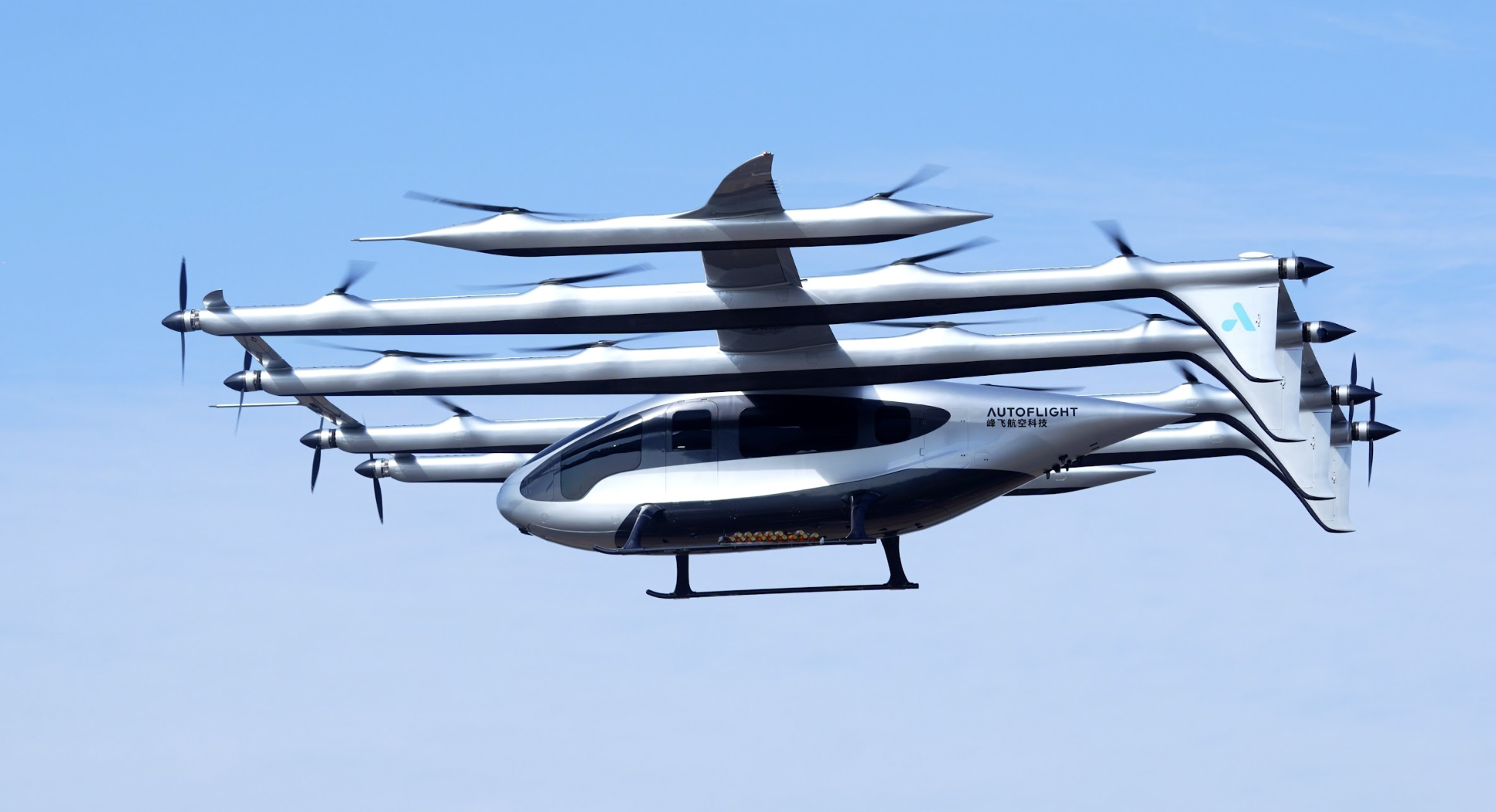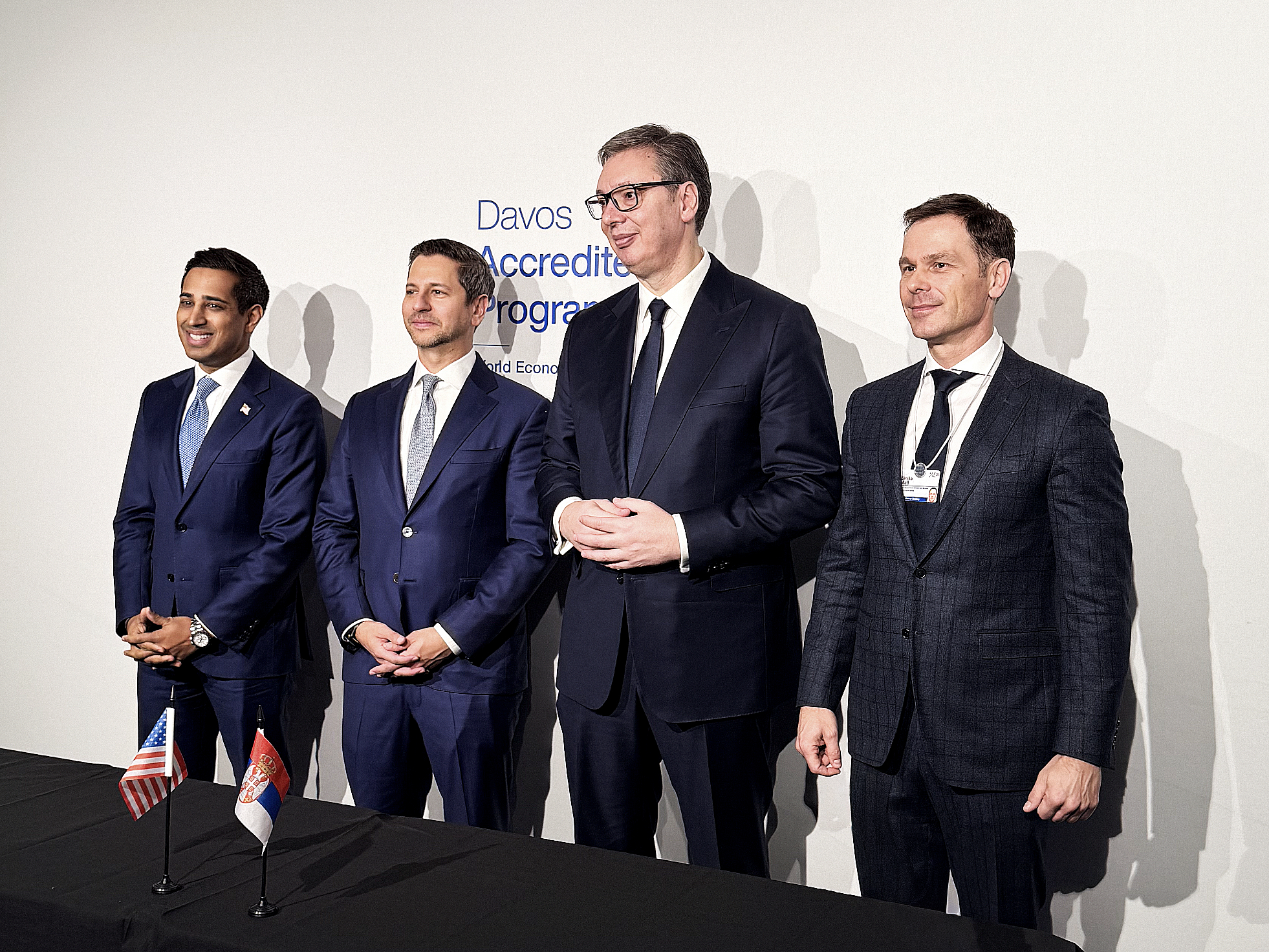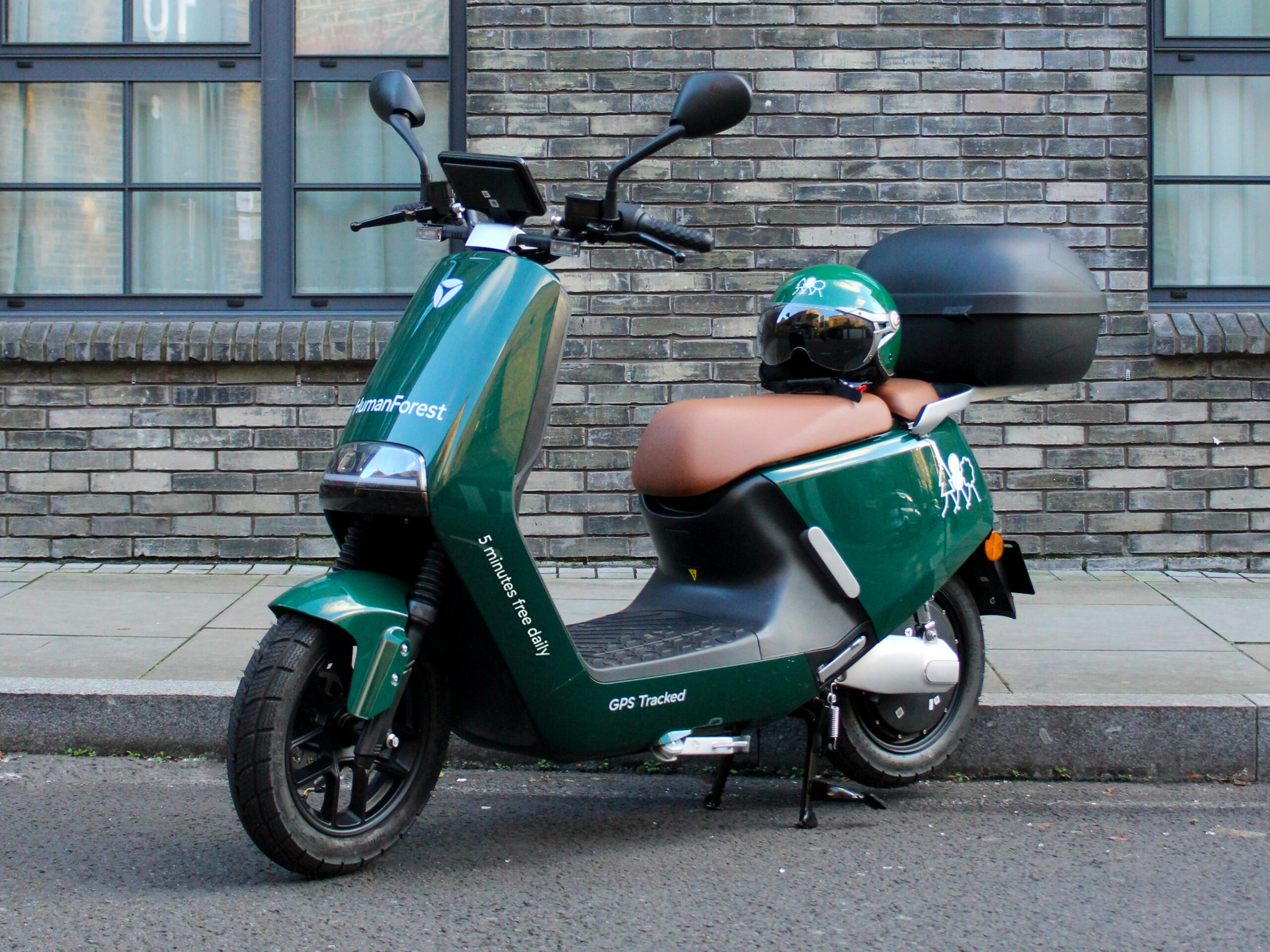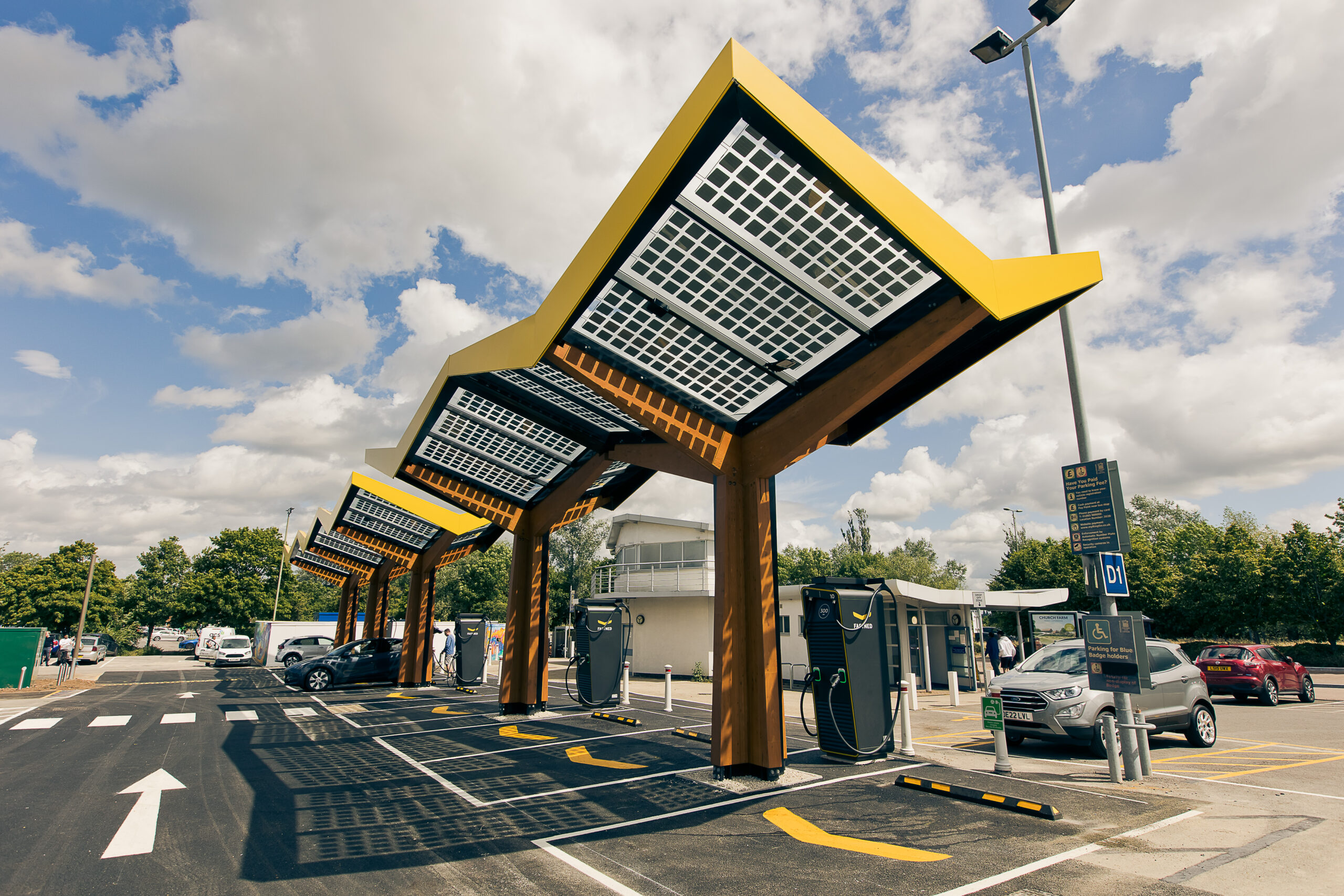UK Business Secretary Kwasi Kwarteng has announced 273 million GBP in funding to advance low-carbon aerospace innovation.
Funded projects will include solar-powered aircraft, ultra-efficient wings and drones for transporting medical equipment.
The announcement was made at Farnborough International Airshow, which is taking place between 18 July and 22 July at Farnborough Airport.

This funding is delivered through the Aerospace Technology Institute (ATI) programme and Future Flight Challenge, which are key components of the government’s Jet Zero policy.
Aerospace innovation projects under the ATI programme are expected to secure 81,000 jobs and contribute 97 billion GBP to the UK economy.
Business Secretary Kwasi Kwarteng said:The return of the Farnborough International Airshow after a four-year absence is a clear example of the aerospace and aviation sector’s recovery. Today’s package of support will further this recovery and help the sector seize on the enormous opportunities for growth that exist as the world transitions to cleaner forms of flight.
Through funding for the latest in green technology, such as solar and hydrogen powered aircraft, and setting out our vision for the fast-growing market for commercial drones, we are once again placing the aerospace sector directly at the centre of our plans to deliver jobs and grow the economy.
155 million GBP of joint government-industry funding will support new projects that could help make the aerospace industry more sustainable, such as hydrogen and battery technology.
These projects include:
- High-density aerospace solar power: 6.7 million GBP for a high-volume, highly automated manufacturing capability in solar cells for the UK that could be used on electric aircraft
- UToPEA: 11.1 million GBP to transfer knowledge of high-power, high-torque, super low-weight electric motors and power electronics from the automotive sector into the urban air mobility market
- NGC3: 5.3 million GBP to develop weight reduction components aimed at facilitating carbon composite wings
Meanwhile, 17 projects will share 105.5 million GBP in funding through the ‘Future Flight Challenge’.
They include:
- Project HEART: 10 million GBP to explore using aircraft powered by hydrogen or electricity, which, depending on the hydrogen / electricity source, could open up greener regional connectivity across the UK
- Open Skies Cornwall: 2.4 million GBP to work with Royal Mail and NHS Kernow to use drones to provide residents on the Isles of Scilly with regular, reliable deliveries of mail and medical supplies
- CAELUS 2: 10.1 million GBP to use electric drones to support the distribution of medical products and medicines across Scotland
Up to 12 million GBP has also been granted through the Regulators’ Pioneer Fund for initiatives that will develop regulations for flying cars and drones.
Transport Minister Robert Courts said:The steps we have set out today will ensure our aviation sector remains world-leading and fit for the future, helping to deliver on our ambitious climate change goals and boost high-skilled job opportunities.
Integrating drones into our transport system will play a huge part in better connecting communities, from potentially delivering vital NHS treatments in isolated communities to capturing high quality aerial imaging for rescue teams.













